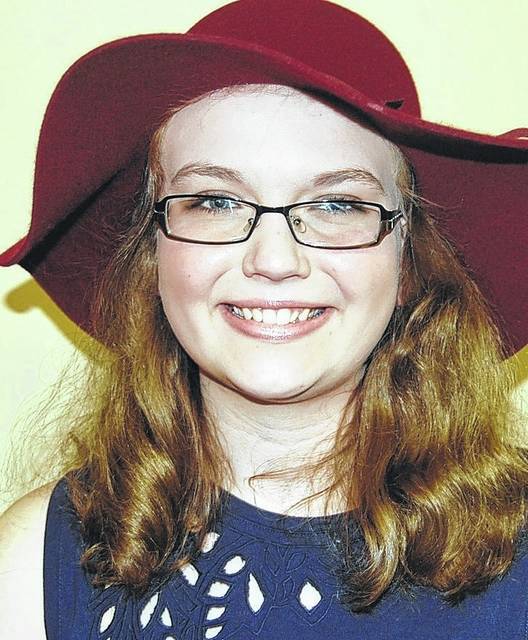One of the key aspects of being an educated consumer is to know where your food came from. Over time, we as consumers have begun to look into where our food is coming from — mainly because we no longer supply ourselves with food, we buy it.
In our society, it seems that there will forever be a victimization of consumers thanks to businesses. Everyone falls ploy to what businesses tell us, when, in all actuality, they are simply trying to sell a product.
In order to know exactly where our food is coming from, we have to know not only a location, but the process in which it is made and what exactly we are eating.
When making a trip to the grocery store, typically it all begins in the fresher plant-based isles. We think that we know where our food comes from and generally we all especially think we know in this section. But do we really? Is the item from a tree, a shrub or neither? What part of this plant are we eating, the root, the stalk, the fruit? How is this plant harvested? Where exactly did the plant come from? What country and what part of that country? How did it get here? What is the nutritional value and what does this mean?
The next whole food you encounter will probably be meat. Surely, we know everything there is to about that, right? I don’t. I don’t know where the chicken came from. I don’t know what it was fed. I don’t know the process in which the chicken went from chicken to packaged or how long it traveled. Most don’t even know what gender chicken they are eating. Female. Every chicken bought from the grocery store is female — because they are fatter, bigger and — up until then — they produce eggs.
Let’s especially not talk about milk, because, for one, most don’t know that a cow has to be pregnant to produce milk — which seems decently obvious, however, I wouldn’t put it past anyone because we are just very removed from our food.
These are all natural and whole ingredients. These are not made in a lab. So, why do we not know where this is coming from? It doesn’t take a chemist to find out.
Being this removed from food makes it hard for me to fathom even how we should be expected to make the decision of what is good for us and what is not. So, in my opinion, before you start a diet — even before you cook your next meal — you should figure out where your food came from. If the truth happens to make you turn your nose up, maybe we shouldn’t be eating that food.
Annie Blakeley is a rising sophomore at Richmond Senior High School, is a band and chorus student and a member of First United Methodist Church in Hamlet.

